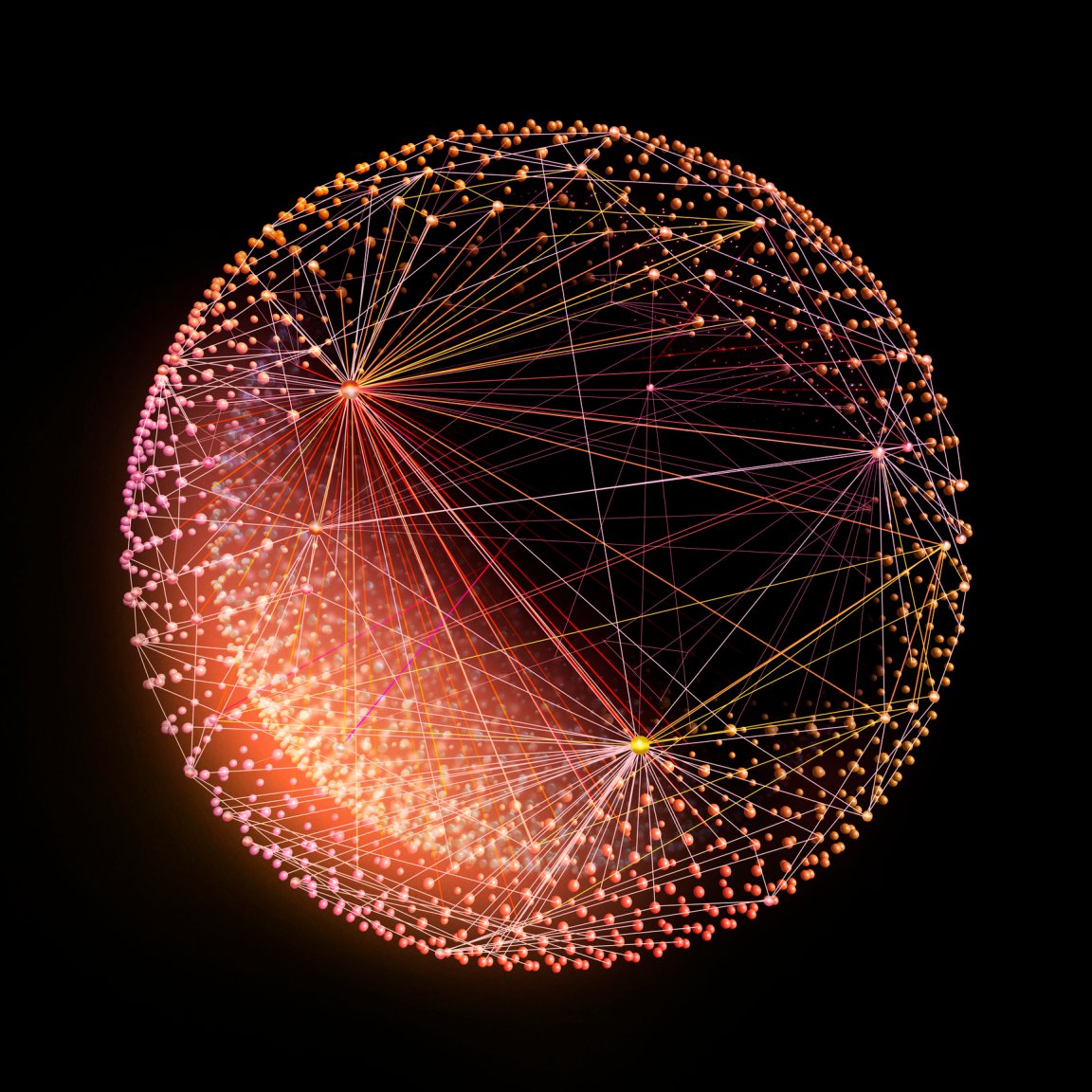
The Physics of Entanglement
Traditionally, measuring quantum states is a tedious affair. The technique used, called quantum tomography, requires measuring multiple copies of the quantum state in various ways, in order to count all possible outcomes and arrive at a full set of probabilities. Although important in testing quantum systems, this is not very practical. That’s why researchers from the Center for Quantum Technologies at the National University of Singapore and the California Institute of Technology devised a much simpler method.
In a study published in the journal Nature Communications, the researchers proposed a measurement system that can pinpoint the fingerprint of any two-particle entangled quantum state. This device-independent way of certifying quantum states, among other things, “can bound specific quantities like the amount of randomness, the length of the secret key in quantum cryptography,” according to the study.
But first, a bit of a background: Quantum entanglement is a phenomenon where two particles are held in a multitude of undecided outcomes or possibilities. The change in one affects the change in another, regardless of distance. As such, entanglement is at the heart of quantum technologies like quantum computing and quantum cryptography — as well as the possibility of quantum teleportation.
For instance, quantum computing relies on entangled particles known as quantum bits (qubits). These qubits hold quantum states capable of being either a 0 or 1, in terms of carrying information. Building on existing findings regarding qubits, the team extended their work to higher-dimensional qubits known as qudits — capable of storing more information, not just 0s and 1s, but a 0, 1, 2, 3, 4, and so on.

Securing Quantum Technologies
The general problem is determining whether quantum systems actually work and can deliver on the properties expected of them. “I like to see our work as bringing the power of testing quantum devices to the consumers who use them,” NUS researcher Goh Koon Tong explained to Phys.org. “Currently, only those who build the devices or understand the engineering aspect of them can perform the test.”
The team hopes that it would be possible for engineers and consumers of quantum technologies to perform such tests in the future. They encourage other researchers to develop ways to incorporate their device-independent checks that would allow for self-testing quantum technologies. According to researcher Valerio Scarani from NUS, there’s already interest. “Of all my work in the past five years, this has attracted the most attention,” he said.
This would allow engineers to spot errors in quantum technologies and devices that don’t perform what they promise to do. That’s especially crucial, since quantum computing is poised to be the future of information processing, which could improve the way we handle problems and conduct research in various fields. Likewise, quantum cryptography is also being promoted as the future of cybersecurity.